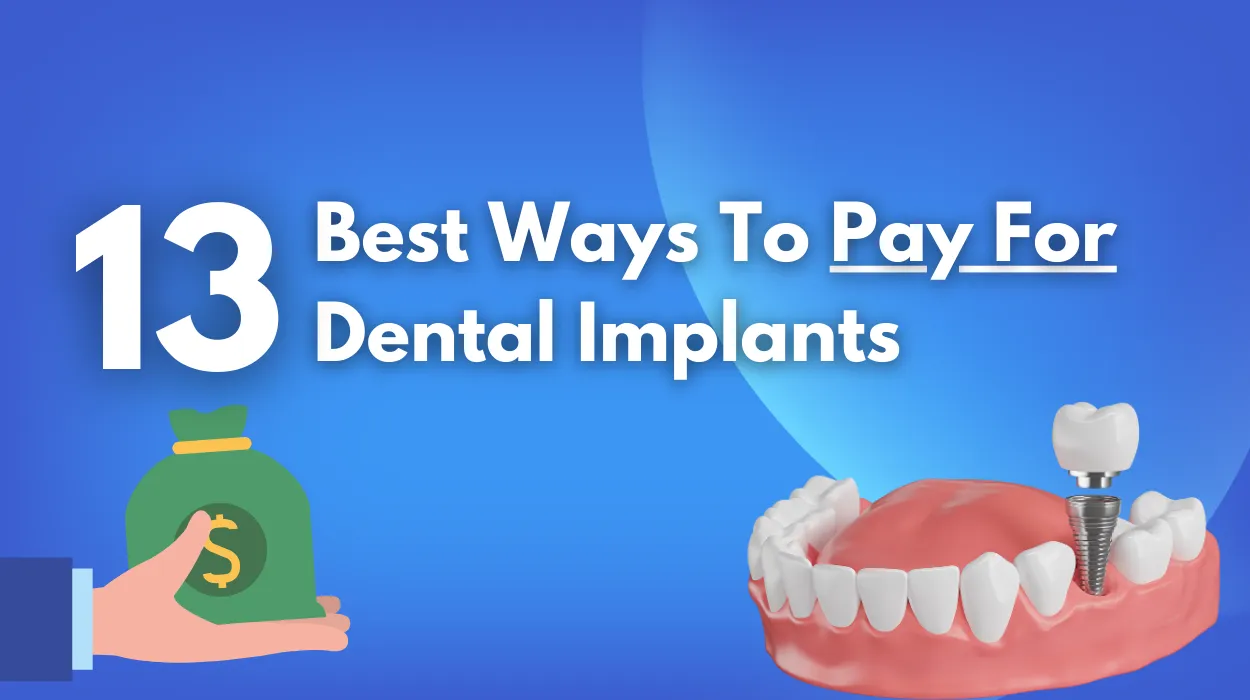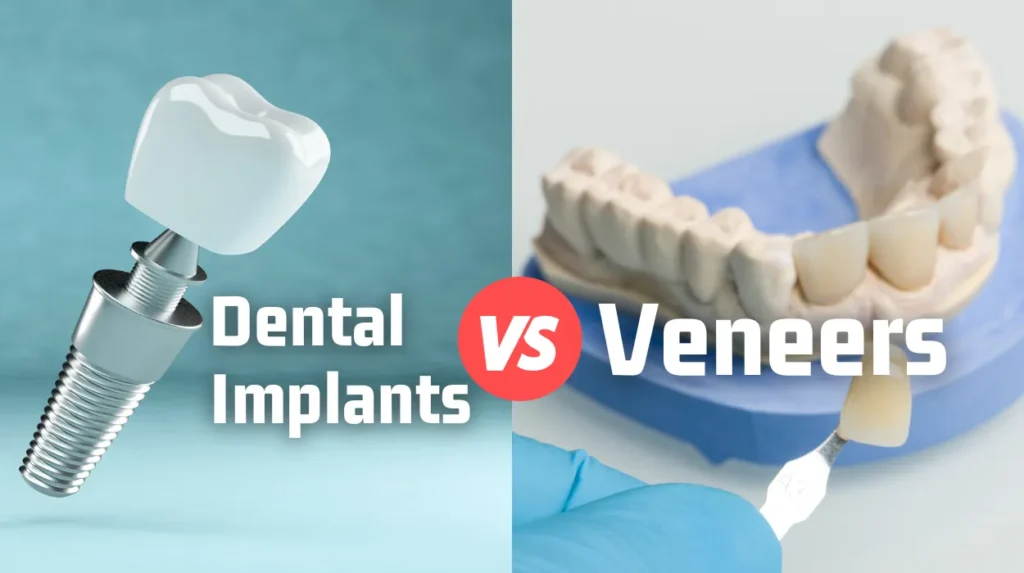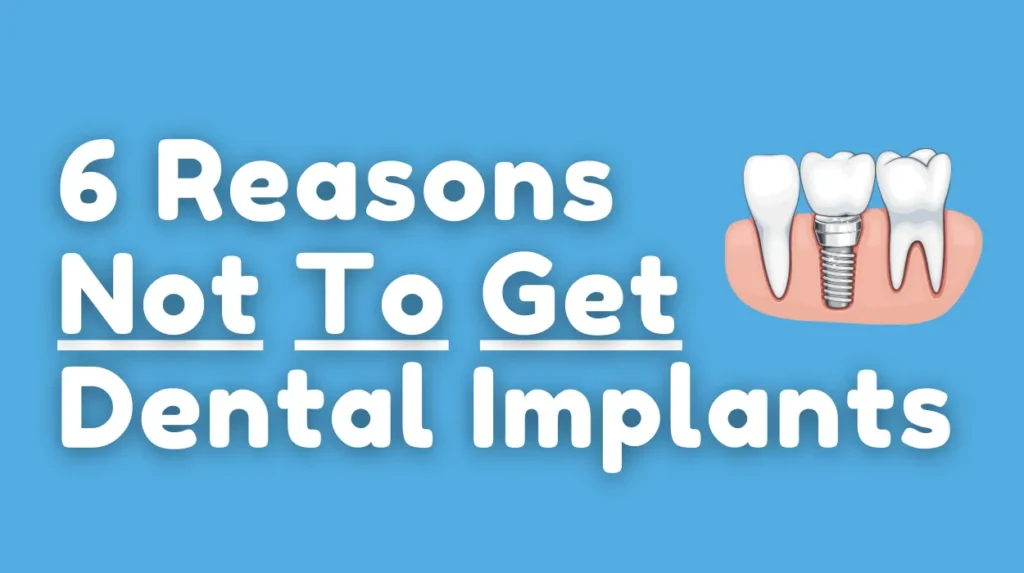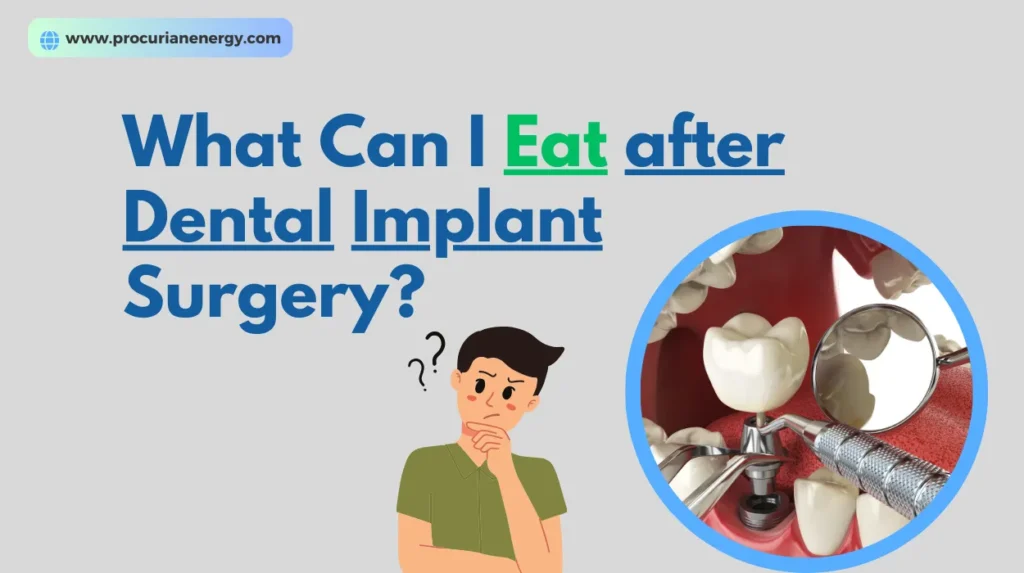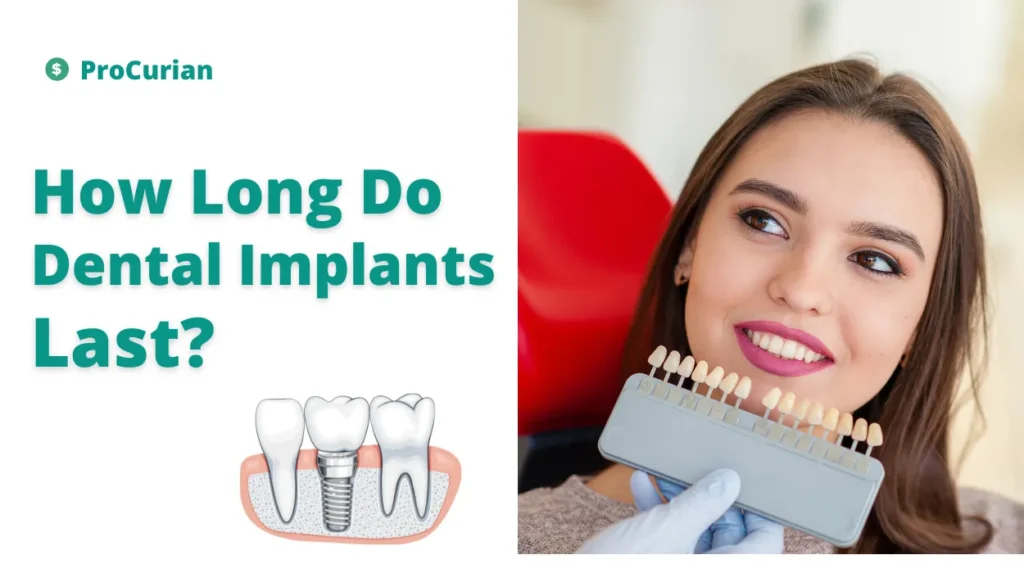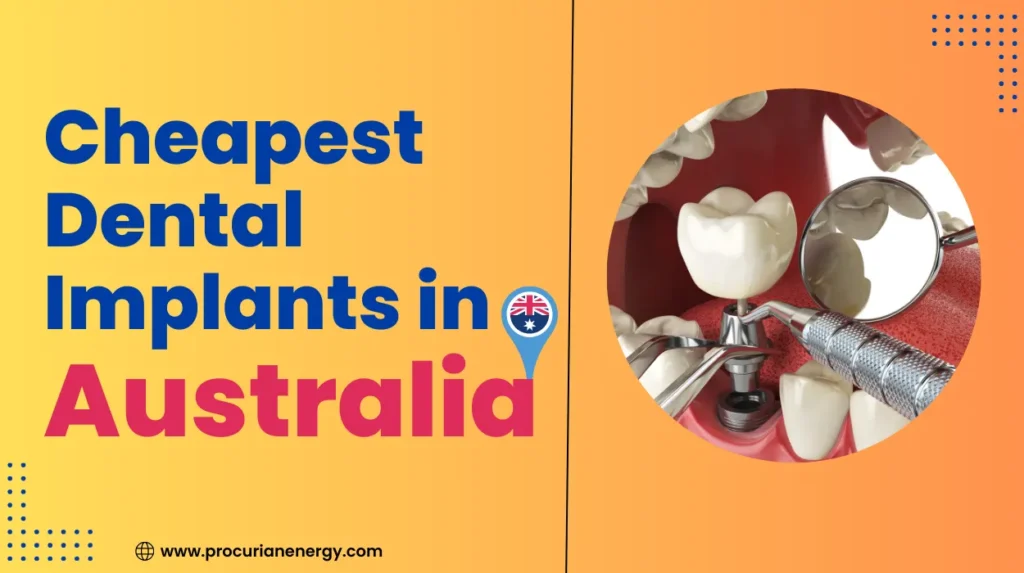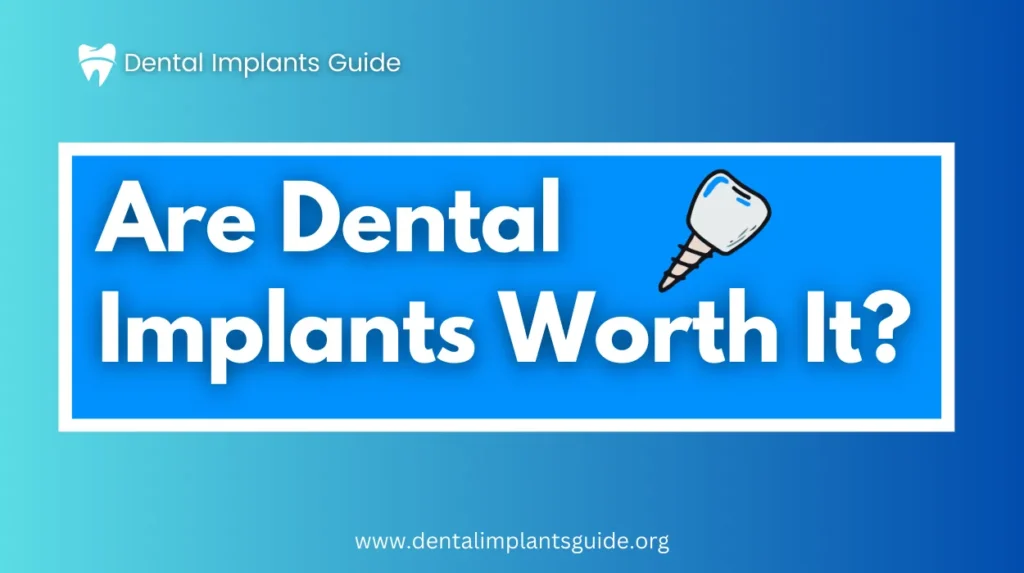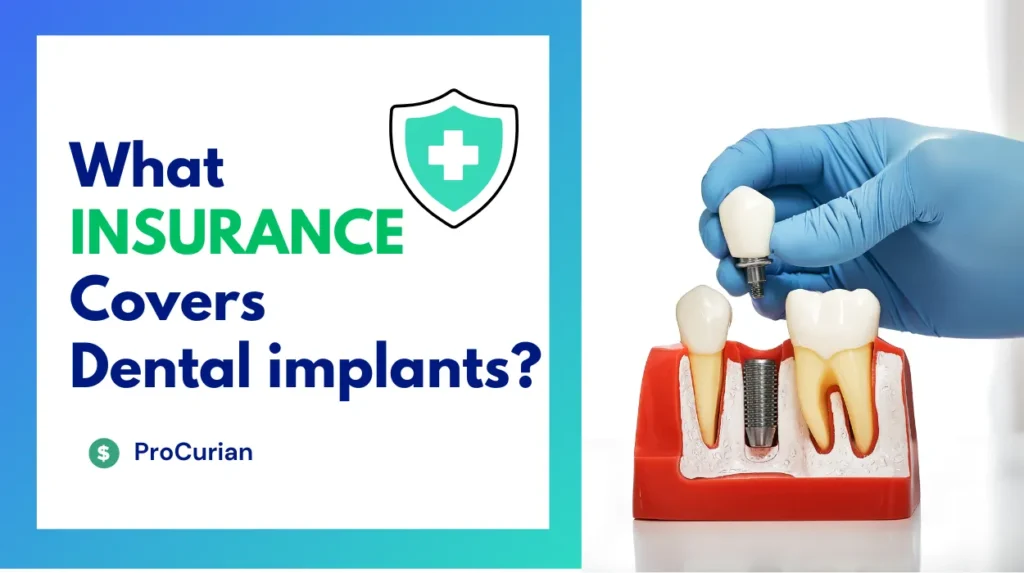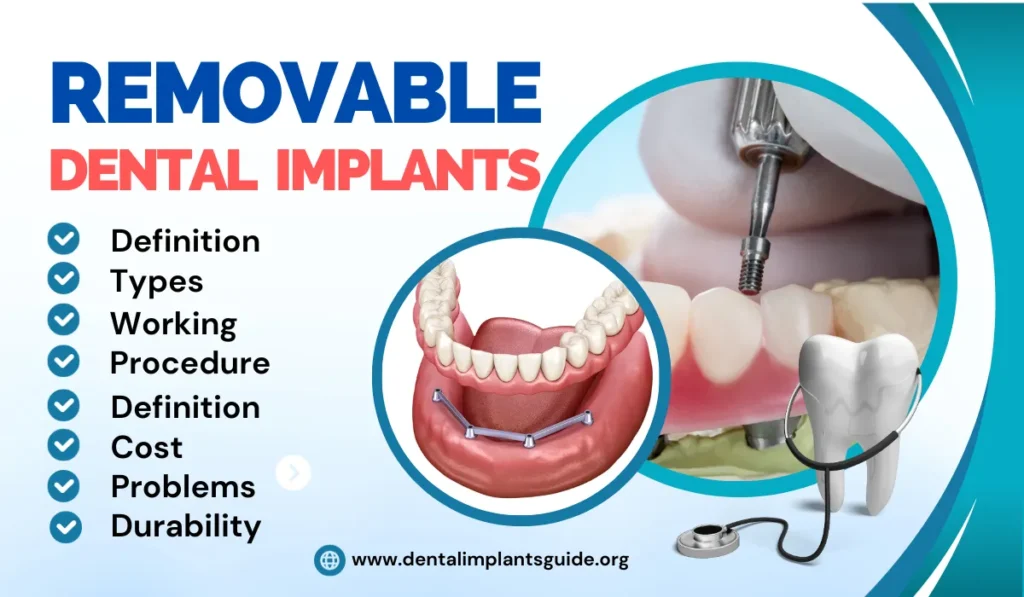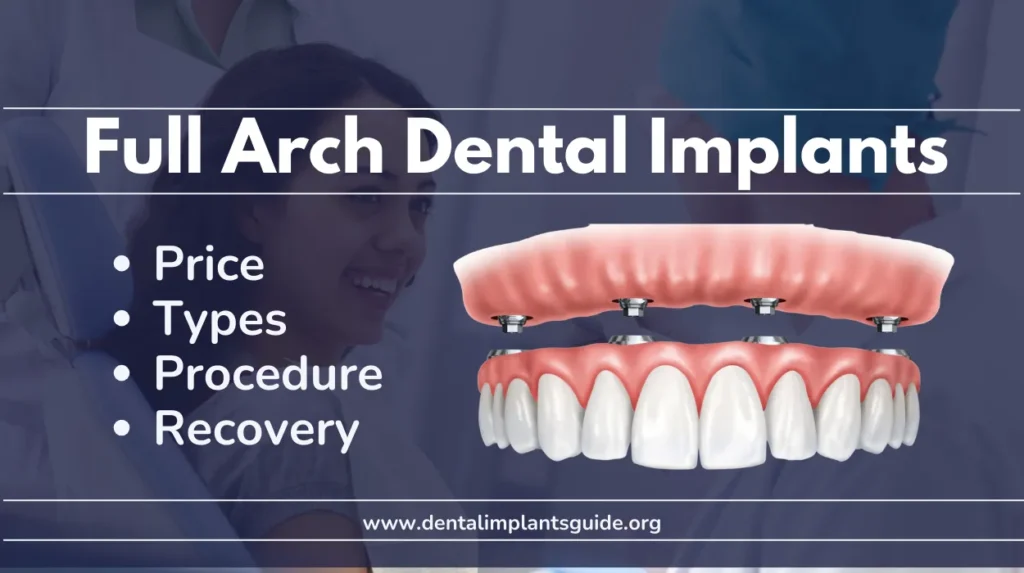Are you dreaming of a bright, healthy smile with dental implants, but worried about the cost?
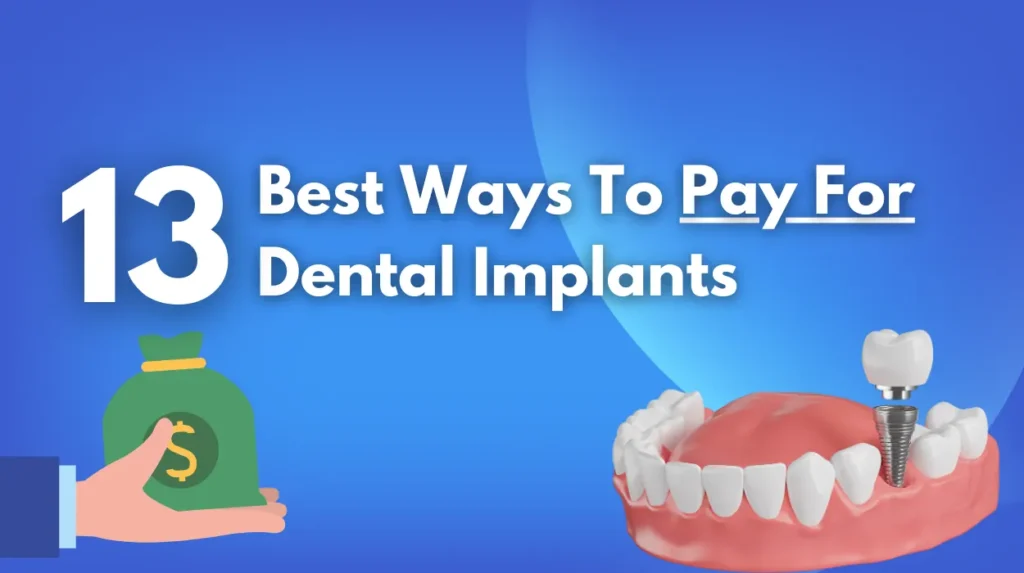
However, the cost of dental implants can be a concern for many people.
We’ll discuss about different dental implant payment options in this article so you have all the information you need to make an informed decision.
Dental implants are artificial tooth roots that are surgically implanted into your jawbone to support replacement teeth or bridges. They are a long-term solution for missing teeth and offer numerous benefits, including improved chewing ability and a natural appearance.
Average Cost of Dental Implants
On average, a single dental implant can cost anywhere from $1,500 to $3,000. This is just the cost of the implant itself and does not include other expenses like consultations, X-rays, or the final restoration (the artificial tooth or crown). The cost varies for different types of dental implants.
Here’s a breakdown of the costs involved in getting dental implants:
- Implant placement: $1,000 to $2,000 per implant
- Abutment: $300 to $500 per abutment
- Crown: $1,000 to $3,000 per crown
For example, if you need a single dental implant, you might be looking at a total cost of $2,300 to $6,500.
| Procedure | Approximate Cost |
|---|---|
| Single Tooth Implant | $3,000 – $6,000 |
| Implant-Supported Bridge | $4,000 – $12,000 |
| Full Mouth Restoration | $20,000 – $40,000 or more |
13 Ways To Pay For Dental Implants
Here are 10 Smart and Best ways to pay for Dental Implants:
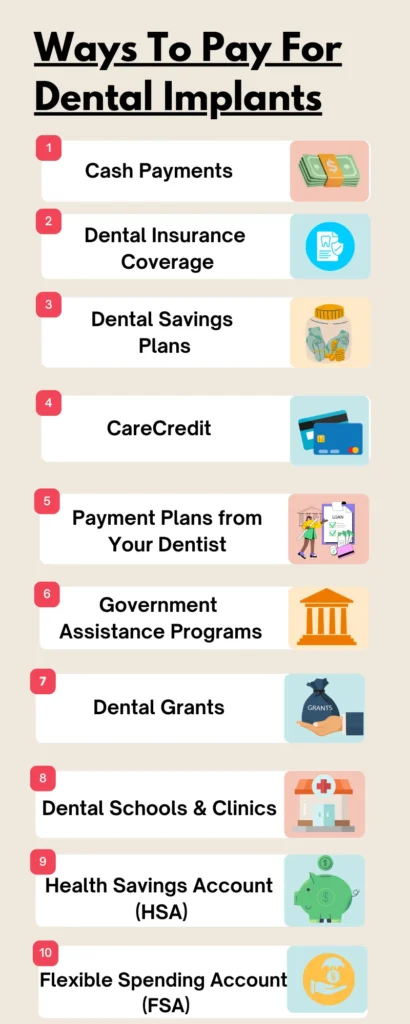
1. Cash Payments
Paying for dental implants with cash is a straightforward and upfront approach to cover the cost of this dental procedure. This method involves using your own savings or readily available funds to pay for the entire dental implant treatment in one lump sum.
While it might seem like a simple concept, there are several important aspects to consider when opting for cash payments:
No Interest Charges – One of the most significant advantages of paying in cash is that you won’t incur interest charges. Unlike financing options that may involve interest, cash payments allow you to avoid these additional costs.
Immediate Payment – With cash in hand, you can settle the entire dental implant bill upfront.
Financial Peace of Mind – Knowing that you’ve paid for your dental implants in full can provide a sense of financial security.
2. Dental Insurance Coverage
Dental insurance can be a helpful resource in reducing the cost of dental implants. However, it’s important to note that most dental insurance plans do not cover the full cost of implants, and coverage can vary widely between plans. Here are a few points to consider:
- Some plans may cover a percentage of the implant cost, typically around 50%.
- There may be an annual maximum limit on coverage, so check your plan’s details.
- Pre-authorization or a waiting period may be required before you can get coverage.
Check out the most accurate information about dental insurance that covers dental implants immediately.
3. Dental Savings Plans
Dental savings plans are not insurance but can be a cost-effective way to save on dental treatments, including implants.
You pay an annual fee to join a savings plan, and in return, you receive discounts on dental services from participating providers. These plans can offer substantial savings, making implants more affordable.
4. CareCredit
A CareCredit medical credit card can be used to pay for your dental implant procedure. It offers a variety of financing options, including interest-free and low-interest plans, depending on your credit score and the length of the repayment term. Consider CareCredit to conveniently spread out the cost of your dental implants over time.
5. Personal Loans
To pay for your dental implants, you might also think about obtaining a personal loan from a bank or online lender. Personal loans are available and can be used for a variety of costs, including dental healthcare, with flexible repayment options. To select the most affordable choice, make sure to compare interest rates and loan terms.
6. Payment Plans from Your Dentist
A lot of dental offices provide their clients with internal payment plans. With these plans, you can spread out the cost of your implants over a number of months by making monthly payments to your dentist. It’s a practical choice, but make sure to enquire about any potential interest rates or fees.
7. Government Assistance Programs
Government assistance programs may in some circumstances offer financial assistance for dental implants. These initiatives are typically targeted at people with low incomes or particular medical conditions that call for dental implant therapy.
It is advised to check with your local government or health department as you might need to meet particular eligibility requirements in order to be eligible for assistance.
8. Dental Grants
Dental grants can be a helpful resource for people looking for financial aid to pay for dental implants.
Typically, charitable foundations, nonprofit organizations, or dental associations offer these grants with the intention of advancing oral health and assisting those in need of dental care.
9. Dental Schools and Clinics
Another cost-effective option for getting dental implants is to seek treatment at dental schools or clinics. Dental schools often offer reduced rates for dental procedures, as they provide training for dental students under the supervision of experienced faculty. While the treatment process may take longer due to the educational aspect, it can significantly reduce costs.
10. Dental Tourism
For those willing to travel, dental tourism can be an affordable way to get dental implants. Some countries offer high-quality dental care at a fraction of the cost you might pay in the United States or other developed countries.
However, research the destination and dental clinic thoroughly to ensure safety and quality.
11. Health Savings Account (HSA)
Health Savings Accounts (HSAs) is a tax-advantaged account that individuals can use to save money for qualified medical expenses.
- Eligibility – To open and contribute to an HSA, you must have a high-deductible health insurance plan (HDHP).
- Contributions – You can contribute pre-tax dollars into your HSA, reducing your taxable income. In 2023, the annual contribution limit is $3,650 for individuals and $7,300 for families.
- Withdrawals – Funds in an HSA can be used for qualified medical expenses, including dental implants. Withdrawals for eligible expenses are tax-free.
- Rolling Over – Unused HSA funds roll over from year to year, and the account is yours to keep even if you change health insurance plans or employers.
12. Flexible Spending Account (FSA)
A Flexible Spending Account (FSA) is a tax-advantaged financial account that allows you to set aside a portion of your pre-tax income to pay for eligible out-of-pocket medical expenses.
- Eligibility – FSAs are typically available through employers. There are no specific insurance plan requirements to participate.
- Contributions – You can contribute pre-tax dollars into your FSA, but there’s an annual contribution limit set by your employer. In 2023, the limit is $2,850.
- Withdrawals – Like HSAs, FSAs can be used for qualified medical expenses, including dental implants. Withdrawals for eligible expenses are tax-free.
- Use-It-or-Lose-It Rule – FSAs often operate under a “use-it-or-lose-it” rule, where any unused funds at the end of the plan year may be forfeited. Some plans allow for a grace period or a limited carryover of unused funds.
13. Crowdfunding and Fundraising
In today’s digital age, crowdfunding platforms like GoFundMe can help you raise funds for your dental implant procedure. Share your story, explain your need for implants, and reach out to friends, family, and even strangers who may be willing to contribute.
Saving Tips for Dental Implants
Saving for dental implants might take time, but it’s a worthwhile investment in your oral health and confidence. Here are some tips to help you save:
1) Create a Budget – Assess your monthly expenses and create a budget that allocates a portion of your income toward saving for dental implants.
2) Open a Dedicated Savings Account – Consider opening a separate savings account specifically for your dental implant fund. This can help you track your progress and prevent you from dipping into the funds for other purposes.
3) Cut Unnecessary Expenses – Identify areas where you can cut back on spending, such as dining out less or canceling unused subscriptions.
4) Set Up Automatic Transfers – Arrange automatic transfers from your checking account to your dental implant savings account each month. This ensures consistent savings.
5) Seek Additional Income – Explore part-time work or freelance opportunities to boost your income and accelerate your savings.
Can I use my 401k for dental implants?
Yes, you can use your 401k for dental implants, but it’s usually not a good idea. Your 401k is meant for retirement, and taking money out early can come with penalties and taxes.
How much dental work can you claim on taxes?
You can subtract from your taxes only the portion of your overall medical expenses that goes beyond 7.5% of your adjusted gross income.
So, if your AGI (Adjusted gross income) is $40,000, you can deduct dental expenses that are more than $3,000 (7.5% of $40,000). Let’s say you spent $4,000 on dental work; you can deduct $1,000 ($4,000 – $3,000).
What makes you not a candidate for dental implants?
You may not be a candidate for dental implants if you have unhealthy gums, not enough jawbone, or certain medical conditions that affect healing. Always consult your dentist for personalized advice.
FAQs
How much do dental implants cost on average?
On average, the cost of single implant can be between $1,000 to $3,000.
Does regular health insurance cover dental implants?
Regular health insurance doesn’t cover dental implants.
How can I pay for dental implants if I don’t have insurance?
You can consider dental loans, credit cards, in-house financing at dental clinics, dental discount plans, or even crowdfunding.
Are there any low-cost options for dental implants?
Yes, you can check out dental schools and clinics. They often offer reduced prices as part of their training programs.
Are there any government programs that can help with dental implant costs?
In some cases, Medicaid might provide limited coverage for dental implants, but it varies by state, and eligibility rules apply.
Is it worth it to invest in dental implants?
Dental implants can improve your smile and make eating more comfortable. They’re a long-term solution, so many people find them worth the investment.
Final Words
Getting dental implants doesn’t have to be a financial burden.
You may achieve your ideal smile by looking into different payment options, including crowdfunding, financing plans, discount programs, and dental insurance.
Remember, a beautiful smile and the ability to eat comfortably are priceless. Start exploring your payment options today, and soon you’ll be flashing those pearly whites with pride!
